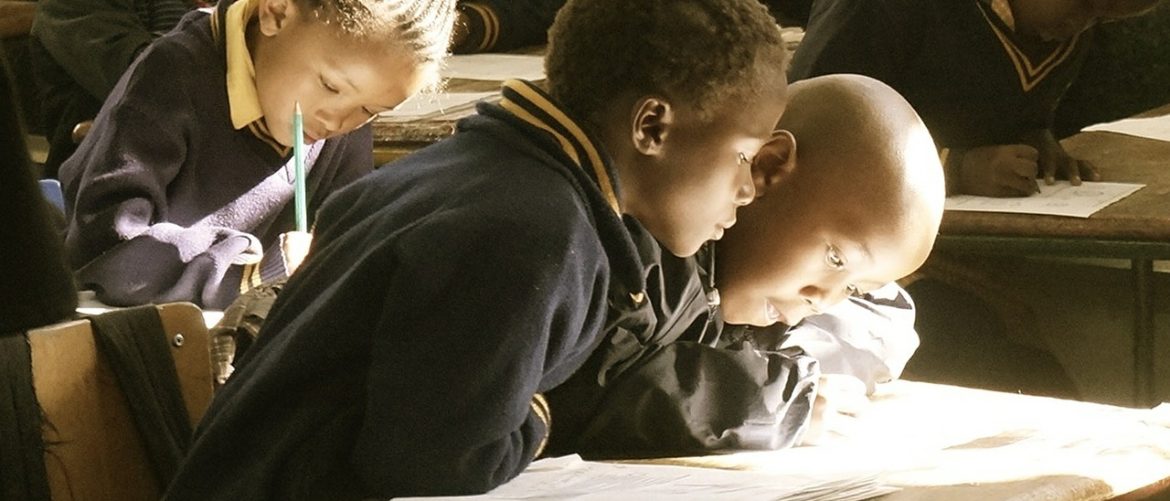Recommendations & Suggestions for Discipline Issues
Discipline problems in the ESL classroom may stem from a variety of different issues. It is discipline that is cited by many teachers as the issue which affects their choice to remain in the teaching profession. Discipline challenges should be dealt with on an incident by incident basis, taking into consideration issues such as culture and circumstance. Here are a number of recommendations and suggestions for discipline issues.
Issues/Solutions
Look Inwardly:
Do you as a teacher fully understand the material that you are teaching and have you anticipated the problems that students may have? Are you presenting material that is too difficult or too easy?
Are you connecting with your students? Do you have enough structure? Are you presenting yourself as a firm but caring teacher? Are you engaging in mannerisms that give away your insecurity? Students seem to have an extra sense of this. If this is the case, try to relax and make time to get to know your students individually.
Talk about the issues:
Talk to your TEFL department head, a colleague or someone you can trust. Have this person visit your class and give your ideas about different seating arrangements, your TEFL lesson structure, your presentation, etc. Don’t try to deal with everything alone. Get a support system you can trust.
Remember, however, that advice given to you by others may not necessarily work for you!
Contact the Parents:
Most parents or guardians are supportive. It may be a good idea to let the student know that you plan to call their parents. If you suspect the child’s parent or guardian may be uncooperative, or abusive, check with the counsellor or with an administrator who may know the family. When you talk to the child’s parent or guardian, mention the positive as well as the negative points.
Empty Promises:
Never make promises or threats you won’t or can’t follow up on! It will only make everything worse in the classroom if you lose the respect of your students.
Never lose your temper!
Don’t lose your temper! Raising your voice may be acceptable but never engage in shouting matches with your students. Never say “Shut up” or attempt to physically remove a student from a classroom. In fact, never touch a student. You can be liable for touching a student unless it is in self-defence. Familiarise yourself with your school rules. If you are extremely angry, try the silent method and try to gain control. Appear relaxed and speak honestly about your expectations in a firm but quiet tone.
Taking students aside:
Some students respond best by being talked to outside of class. It’s probably not a good idea to do this outside of your own class because, for obvious reasons, you must never leave your class unsupervised. A better idea would be to try seeing the student after your class is over so other students from the same class don’t notice. Students are usually more receptive and cooperative if they know other students are not watching or listening.
Other ideas:
Try and give problem students an important job such as a class assistant. This positive gesture may help alleviate behaviour problems in students, showing them that you value them as a person and recognise that they can also contribute to the class in a positive manner. Most importantly, don’t hold a grudge against any student. Many teachers do and this makes everything worse.
Immediate Action!
Some behaviours cannot be tolerated in the classroom and call for immediate action. If you or any of your other students are physically threatened you must act immediately. Seek help immediately if you cannot handle the situation on your own. Again, become familiar with your school’s and country’s rules for discipline procedures. Never allow a student to verbally abuse you or any other student. Above all try and remember that structure and fairness combined with clear expectations and a clear lesson are the elements of good teaching. It is important that you learn from every situation that presents itself and is forward-looking.
Links:
TEFL Courses & TEFL Training Programmes
TEFL Jobs & English Teaching Positions

